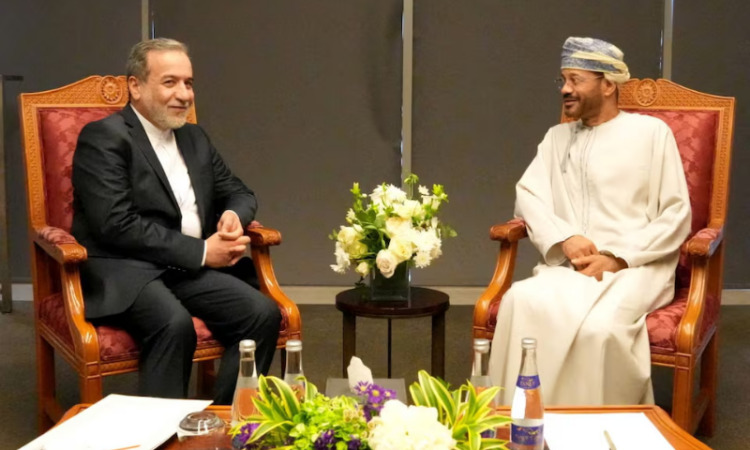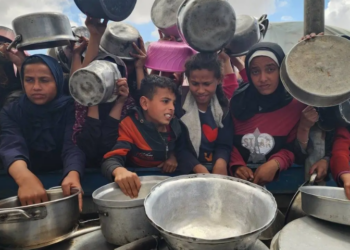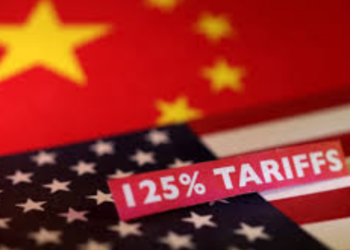Dubai, April 12, 2025: The United States and Iran opened critical indirect talks in Oman on Saturday, in a renewed effort to address Tehran’s accelerating nuclear programme and de-escalate a volatile regional climate.
This marks the first formal engagement between the two countries during President Donald Trump’s second term, with Iranian Foreign Minister Abbas Araqchi leading Tehran’s delegation and Trump’s Middle East envoy Steve Witkoff representing the US. The dialogue, brokered by Omani Foreign Minister Badr al-Busaidi, is being conducted through shuttle diplomacy, with each side housed in separate rooms.
“The indirect negotiations between Iran and the United States, mediated by Oman, have officially commenced,” said Iranian Foreign Ministry spokesperson Esmail Baghaei on X.
According to diplomatic sources, the discussions aim to secure a limited agreement that would ease US sanctions in return for Iran placing curbs on its nuclear activities, alongside talks on regional de-escalation and prisoner swaps.
The negotiations come against a backdrop of escalating hostilities in the Middle East, including conflict in Gaza and Lebanon, missile exchanges between Iran and Israel, and Houthi attacks in the Red Sea. Analysts say any failure in talks could raise the spectre of direct conflict, with regional powers and global oil markets on edge.
Iran has warned neighboring states hosting US military bases of “severe consequences” if they participate in any American military action. President Trump, meanwhile, has threatened military intervention if Iran does not agree to halt its uranium enrichment programme.
Araqchi, speaking to Iranian media, remained cautious: “This first round is critical in assessing whether both sides have the will to move forward. Only then can we discuss timelines or further negotiations.”
Iran is demanding indirect talks and has ruled out any discussion on its ballistic missile capabilities, which it considers a core element of national defense. The US, however, is pushing for broader terms, with Trump reportedly insisting on face-to-face talks.
Despite the differences, Iran’s Supreme Leader Ayatollah Ali Khamenei has reportedly granted Araqchi full negotiating authority, signaling Tehran’s willingness to engage — albeit on strict terms.
While Iran denies seeking nuclear weapons, Western powers and Israel believe its uranium enrichment — now at 60% purity — far exceeds civilian energy needs and edges toward weapons-grade levels.
The Trump administration has reinstated its “maximum pressure” campaign, reversing the 2015 Iran nuclear deal, which he abandoned in 2018. In response, Iran has ramped up its nuclear activities.
Tehran’s regional influence has weakened significantly since late 2023, with its allied groups across the Middle East — often referred to as the “Axis of Resistance” — facing military setbacks. The collapse of the Assad regime in Syria, alongside ongoing conflicts in Gaza, Lebanon, and Iraq, has left Iran diplomatically and strategically isolated.
Both Washington and Tehran are under pressure to show progress. For Iran, economic relief is vital amid crippling sanctions. For the US, reducing the risk of another major Middle East war is a political and security imperative — especially with Israel threatening to take unilateral action if diplomacy stalls.
Whether the Oman talks mark the beginning of a breakthrough or merely a pause in rising hostilities remains to be seen. But with both sides cautiously engaging and the region at a boiling point, the stakes could hardly be higher.








